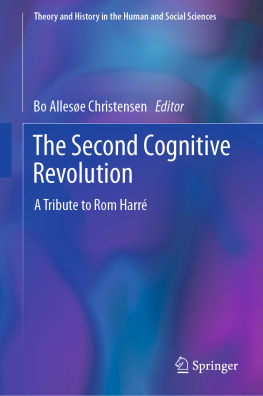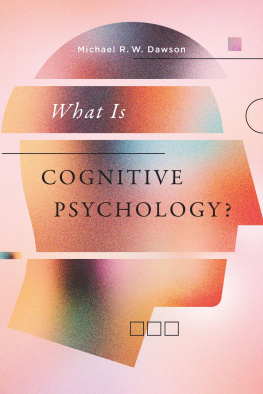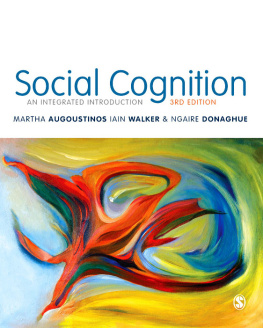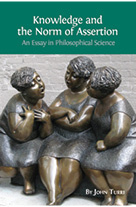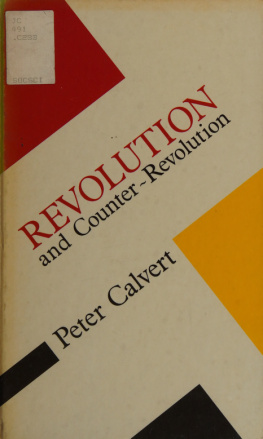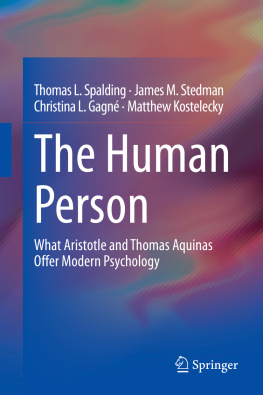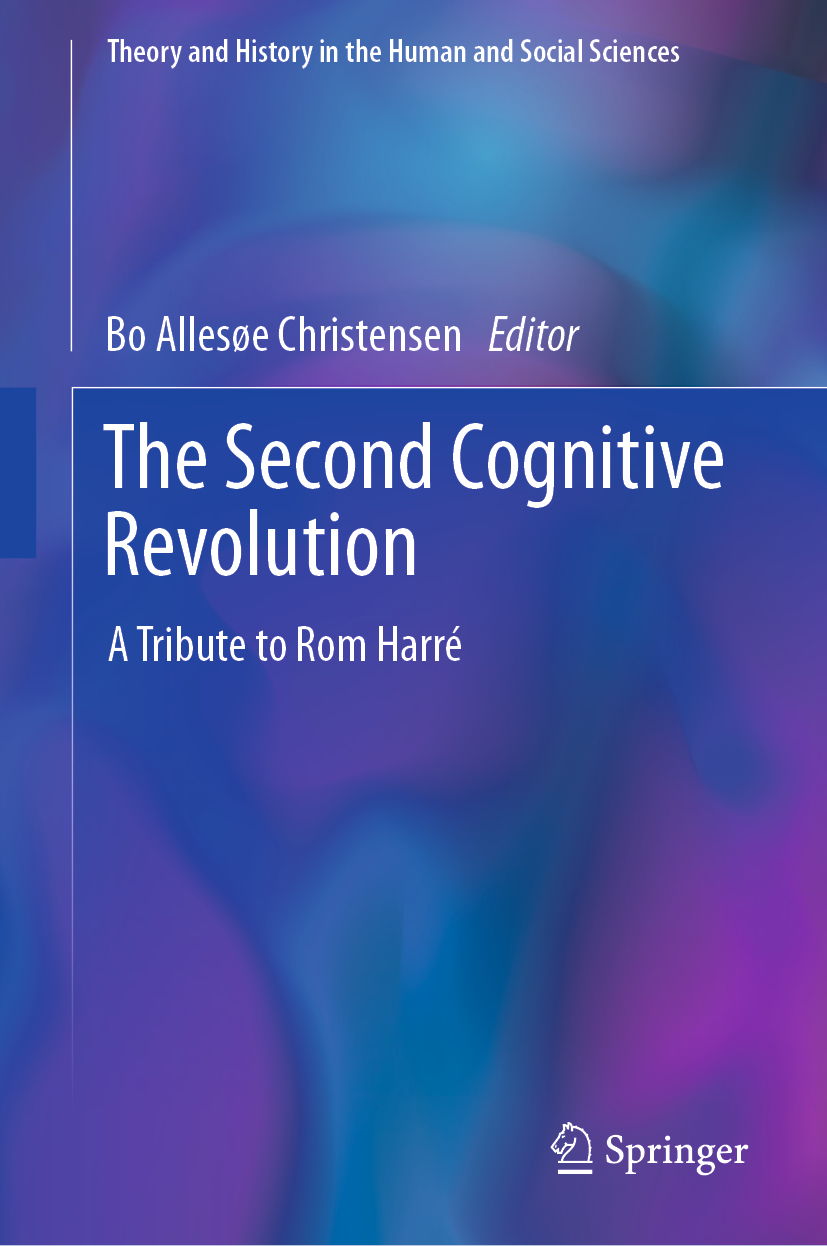Theory and History in the Human and Social Sciences
Series Editor
Jaan Valsiner
Department of Communication and Psychology, Aalborg University, Aalborg, Denmark
Theory and History in the Human and Social Sciences will fill in the gap in the existing coverage of links between new theoretical advancements in the social and human sciences and their historical roots. Making that linkage is crucial for the interdisciplinary synthesis across the disciplines of psychology, anthropology, sociology, history, semiotics, and the political sciences. In contemporary human sciences of the 21st there exists increasing differentiation between neurosciences and all other sciences that are aimed at making sense of the complex social, psychological, and political processes. Thus new series has the purpose of (1) coordinating such efforts across the borders of existing human and social sciences, (2) providing an arena for possible inter-disciplinary theoretical syntheses, (3) bring into attention of our contemporary scientific community innovative ideas that have been lost in the dustbin of history for no good reasons, and (4) provide an arena for international communication between social and human scientists across the World.
More information about this series at http://www.springer.com/series/15826
Editor
Bo Allese Christensen
Department of Communication and Psychology, Aalborg University, Aalborg, Denmark
ISSN 2523-8663 e-ISSN 2523-8671
Theory and History in the Human and Social Sciences
ISBN 978-3-030-26679-0 e-ISBN 978-3-030-26680-6
https://doi.org/10.1007/978-3-030-26680-6
Springer Nature Switzerland AG 2019
This work is subject to copyright. All rights are reserved by the Publisher, whether the whole or part of the material is concerned, specifically the rights of translation, reprinting, reuse of illustrations, recitation, broadcasting, reproduction on microfilms or in any other physical way, and transmission or information storage and retrieval, electronic adaptation, computer software, or by similar or dissimilar methodology now known or hereafter developed.
The use of general descriptive names, registered names, trademarks, service marks, etc. in this publication does not imply, even in the absence of a specific statement, that such names are exempt from the relevant protective laws and regulations and therefore free for general use.
The publisher, the authors and the editors are safe to assume that the advice and information in this book are believed to be true and accurate at the date of publication. Neither the publisher nor the authors or the editors give a warranty, expressed or implied, with respect to the material contained herein or for any errors or omissions that may have been made. The publisher remains neutral with regard to jurisdictional claims in published maps and institutional affiliations.
This Springer imprint is published by the registered company Springer Nature Switzerland AG
The registered company address is: Gewerbestrasse 11, 6330 Cham, Switzerland
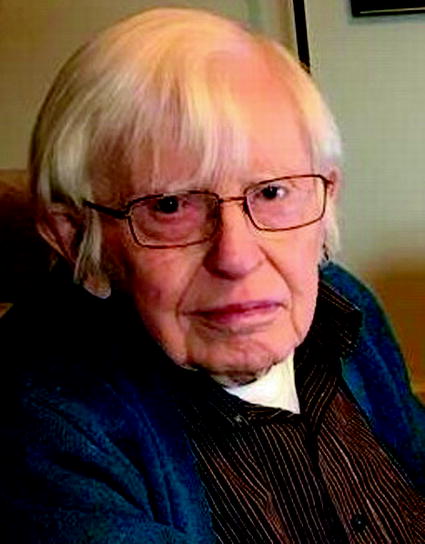
Rom Harr, 2019. Image courtesy of Fathali M. Moghaddam.
This book is dedicated to the intellectual legacy of Rom Harr.
a philosopher is a man who senses as it were hidden crevices in the build of our
concepts where others only see the smooth path of commonplaceness before them.
Friedrich Waissman, How I See Philosophy
Series Editors Preface
On the Border of Normativityand Beyond
This volume is not merely a celebration of the life work of a remarkable thinker whose travels across the divide of philosophy and psychology have provided a new outlook for the latter, but also a milestone for innovating our understanding of the human mind within society. The movement of Second Cognitive Revolution in psychology led to the understanding of the normative nature of the human mindthus giving human psychology a specific focus that psychology of non-human species does not have. It leads to the investigation into uniquely human psychology (as the Yokohama Manifesto outlinedValsiner, Marsico, Chaudhary, Sato and Dazzani 2016). It opens the door to a new science of general principles of psychology where the universal human propensity for meaning- making and meaning- using is the centre of the investigation. The centrality of meanings makes psychology normativeas the meanings are suggestive of directions for how to feel about something. So, the simple question asked in very many cases how satisfied are you with X ?implies the normative decoding of the expectation that the respondent feels into X with the direction of satisfaction and that feeling can be talked about in terms of some imaginary quantity.
Psychology has been a normative science in two ways. First, its human psychological phenomena are guided by social norms which grow out of our cultural histories. Moral imperatives linger behind our ordinary mundane discussions, actions and imagining of futures. These norms are constantly created and recreated, and they may be explicit or hiddenbut they always are there, in our conduct and reflections upon it.
Second, the ways in which psychology approaches its subject matter are normatively structured. As Rom Harr himself (Chap. in this volume, p. 173184) noted:
The first cognitive revolution was announced by Jerry Bruner and George Miller in the 1960s. It amounted to the giving of permission to psychologists to use words like thinking, remembering (as something a person does) and so on in the planning and interpreting of psychological research into topics of significance. As Bruner ruefully remarked this was inadequate as a revolutionary declaration because it was quickly hi-jacked by computational modellers and neuropsychology, dead ends satisfying only to those who tried to develop a plausible psychology on an inadequate model of science (added emphasis).
The normativity of the field of psychology is demonstrated by the reference to giving permissionit is indeed the case that psychologists over the last two centuries have negotiated socially the borders of permissibility to use one or another word to refer to what they studyall in the name of one meta-word science . In the beginning of the twentieth century, the word thinking became outlawed both in American psychology (Watson 1913) and in Russian physiology (Pavlov fining his co-workers for using mind-related terms). So, in the 1950s, it became rehabilitatedbut to our days one can observe avoidance in using the word thoughts in cognitive psychology (where the clumsy but scientific-looking equivalent cognitions is used instead). Psychology over the twentieth century has been a normative language gamewith vocabularies changed as a result of changes in the social power relations but the problem of knowing remaining unresolved.

